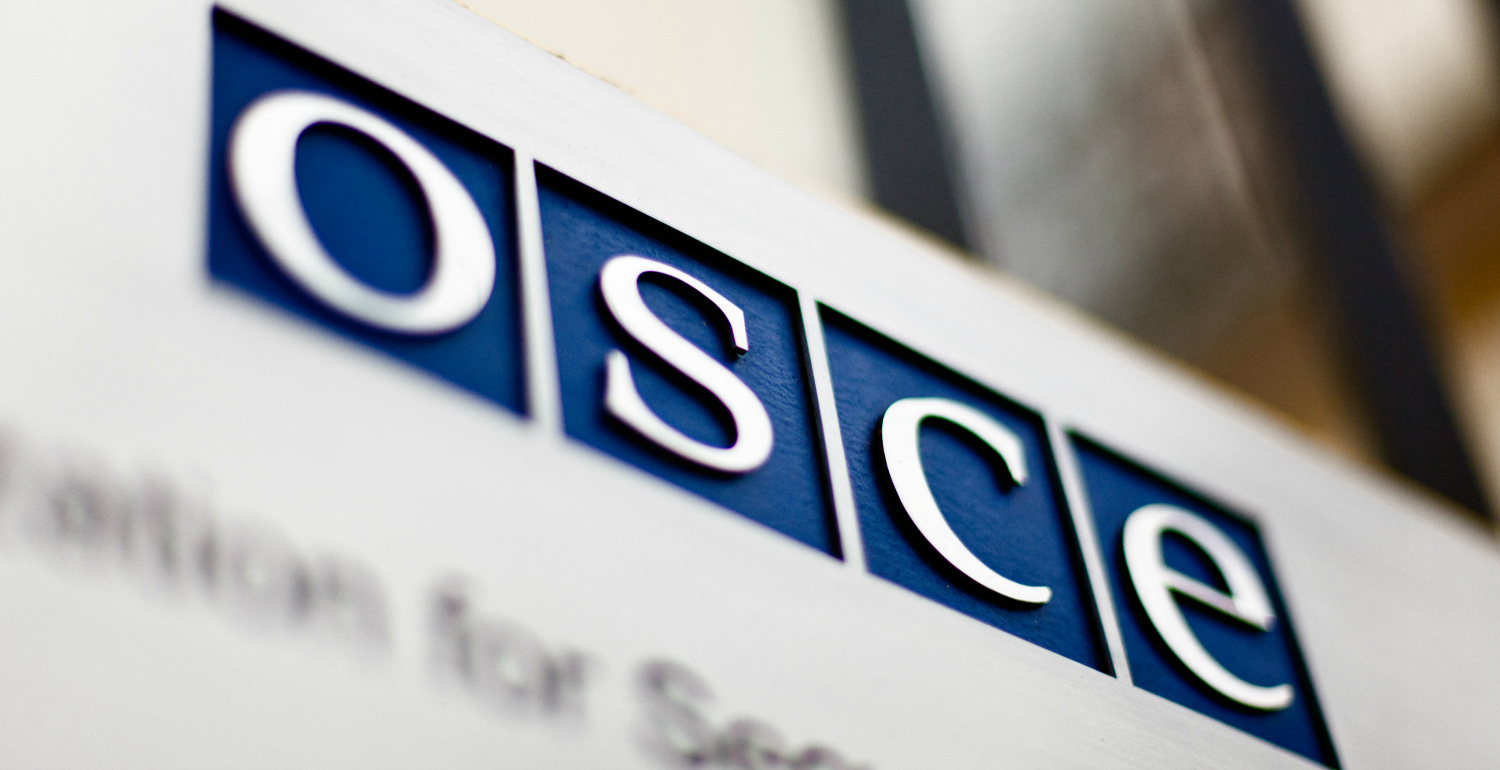The United States has provided important leadership within the 55-nation Organization for Security and Cooperation in Europe (OSCE) in advancing democracy and human rights. In 1990, the U.S. and all OSCE participating States agreed by consensus to the Copenhagen Document, reaffirming principles to strengthen respect for fundamental freedoms, and inviting observers from other participating States to observe national elections. That same year, a U.S.-sponsored initiative led to the creation of the Office of Democratic Institutions and Human Rights (ODllR) as the OSCE’s focal point for all election-related matters, including election observation, technical assistance, and the review of electoral legislation.
Thus OSCE commitments require participating States, including the United States, to invite other participating States to observe their elections. Consistent with this commitment, the U.S. formally invited ODllR to send observers to elections in 1996, 1998 2000 and 2002. In 2002, ODllR deployed a team of 10 international observers to Florida and produced a largely positive report saying “measures adopted in Florida can serve as an example of good practice to the rest of the U.S. and other OSCE participating States.” In 2003 ,two ODIHR observers came to observe the California gubernatorial recall election.
Each year, the ODllR deploys thousands of observers to monitor elections throughout the OSCE region in order to assess participating States ‘ compliance with OSCE election-related commitments. At the parliamentary level, the OSCE Parliamentary Assembly has developed a particularly active program for monitoring elections. The United States has fielded thousands of American election observers in OSCE countries since the early 1990s as part of these missions. ODllR missions are funded from the core budget of the OSCE to which the U.S. contributes 9% annually. These funds cover expenses for ODllR experts and basic support of the mission and are not used to finance the participation of individual observers.
Thus, election observation has become an integral part of U.S. efforts to advance democracy throughout the OSCE region. Consistent with its OSCE commitments and in keeping with customary practice, the United States Government – through the U. S. Mission to the OSCE in Vienna – extended an invitation for the ODllR to observe the U.S. elections in November. An ODllR assessment team was in Washington September 7- 10 and visited the Federal Election Commission, the U.S. Election Assistance Commission the Republican and Democratic National Committees, the International Republican Institute, the National Democratic Institute and relevant non-governmental organizations. An assessment report will be prepared with recommendations concerning whether or not to observe, if so where, and how many observers following their return to Warsaw, Poland.
While most ODIHR election observation missions have been deployed to the countries of Eastern Europe and the former Soviet Union, elections in established democracies have also been observed. The latter have included France (2002 presidential), the United Kingdom (2003 devolved administrations of Scotland, Wales and Northern Ireland), and Spain (2004 parliamentary). In an unprecedented development, ODllR was invited to observe the 2004 elections to European Parliament in 25 OSCE participating States: Austria, Belgium, Cyprus Czech Republic, Denmark, Estonia, Finland, France Germany, Greece Hungary, Ireland, Italy, Latvia, Lithuania Luxembourg, Malta The Netherlands Poland, Portgal, Slovakia, Slovenia, Spain, Sweden, and the United Kingdom.
The only OSCE participating State to outright refuse to invite an election observation mission was Yugoslavia in 2000 under then-President Slobodan Milosevic.
Prepared by the staff of the U.S. Commission on Security and Cooperation in Europe






